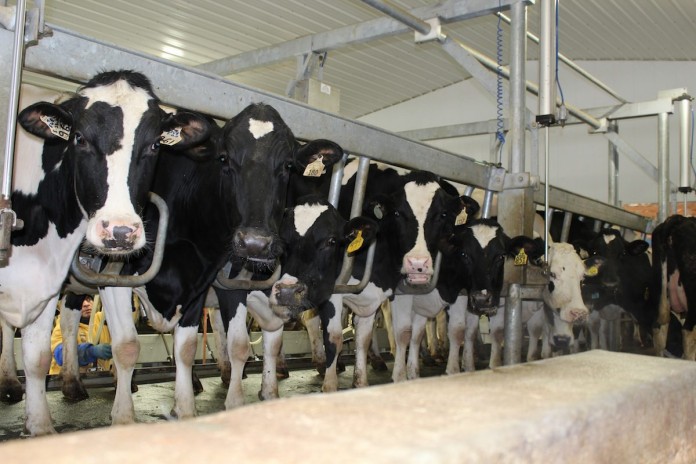Etcetera, etcetera, etcetera was the phrase made famous by the King of Siam in the show, The King And I.
Now, if you are a fan of musicals, you will recognize this line. It was meant to be defined as “and so forth.” In today’s vernacular, it might be “blah, blah, blah.”
As I write on a rather “blah” topic, I hope you will discover something different and of value for the next generation.
As educators, we are often asked and even ask ourselves how we are preparing students for future careers.
There is no question on the relevance of technology, but the soft skills (those attributes that allow you to effectively communicate and interact with others) cannot be underestimated in a world where it seems as if artificial intelligence is invading our lives.
What employers want
To investigate current answers, I went right to the top managers of some of our dairy enterprises and those businesses that also provide several internships.
Dave Thorbahn, general manager of Select Sires, is seeking potential employees who have the ability to work with others and be a part of a team, those who possess a willingness and desire to learn, and those with the ability to actively demonstrate the aforementioned.
He adds that talent can be evaluated in many ways, but these have served Select Sires and their mission.
Larry Schirm, ABS Global key account manager, expresses that employees must possess a skill set that can address the dairy industry’s largest paradigm shift in decades.
They are searching for passionate employees with a specific focus on reproductive management AND reproductive service. Dairyman need pregnancies as well as professional on-farm reproductive management.
ABS is expanding its internship program to coordinate and train for these skill sets aimed to be of service to their clients.
Paul Detwiler, general manager of Sexing Technologies-Ohio Heifer Center, states that he considers candidates for employment who provide examples of leadership and experience in dealing with stressful situations.
The team environment, honesty and integrity are ways in which employees can demonstrate their value. Being on time and dependable are measurable by supervisors. These attributes overshadow experience.
Employers provide the training necessary so employees can learn their systems. Too much baggage can be a detriment. They are not assuming that their way is the best way, but being compatible to their methods is important.
All three of the leaders quoted are Ohio State University graduates and members of former dairy judging teams.
This was not by accident, but by choice, as I am often looking to reinforce my proof of the fact that this experience is a transferable skill.
Prove your skills
If I can identify one theme to their expertise, it would be that students should avoid majoring in a job title and ponder the thought of being adaptable.
Technical skills are essential but a capacity to be energetic, creative and compatible on teams with diverse backgrounds and in varying environments will be proof of adaptability.
For this article, I even found a reference discussing corporations that were training for empathy skills and personal relationships — skills that a computer cannot replicate.
Imagine being able to provide existing proof of those skills by your classroom performance AND those additional activities that validate your teamwork, a caring attitude and those experiences beyond your comfort zone. It could hasten your pathway to the employed ranks.
There is a theme here. We like things simple, but the world is not cooperating.
The skills of the future will certainly involve technical and professional competence.
But to be adaptable, the next generation of agriculturalists will need to embrace a competitive edge, an energetic work ethic, an understanding of human differences and diversity, critical thinking, effective communication and moral character…etcetera, etcetera, etcetera.
Rest assured, there is no blah, blah, blah to this prediction.













